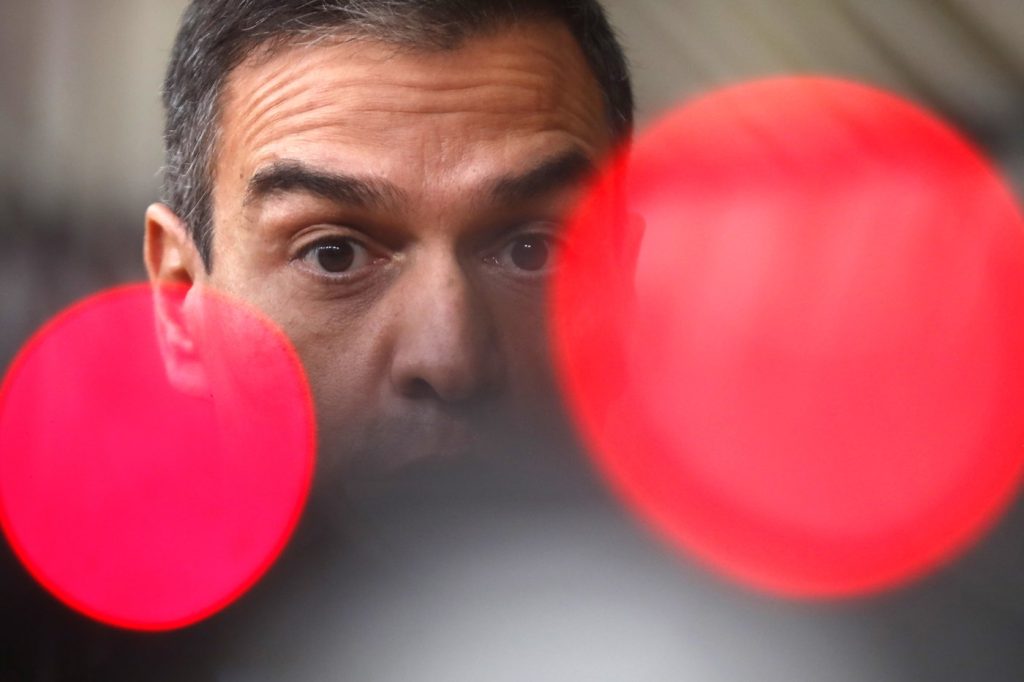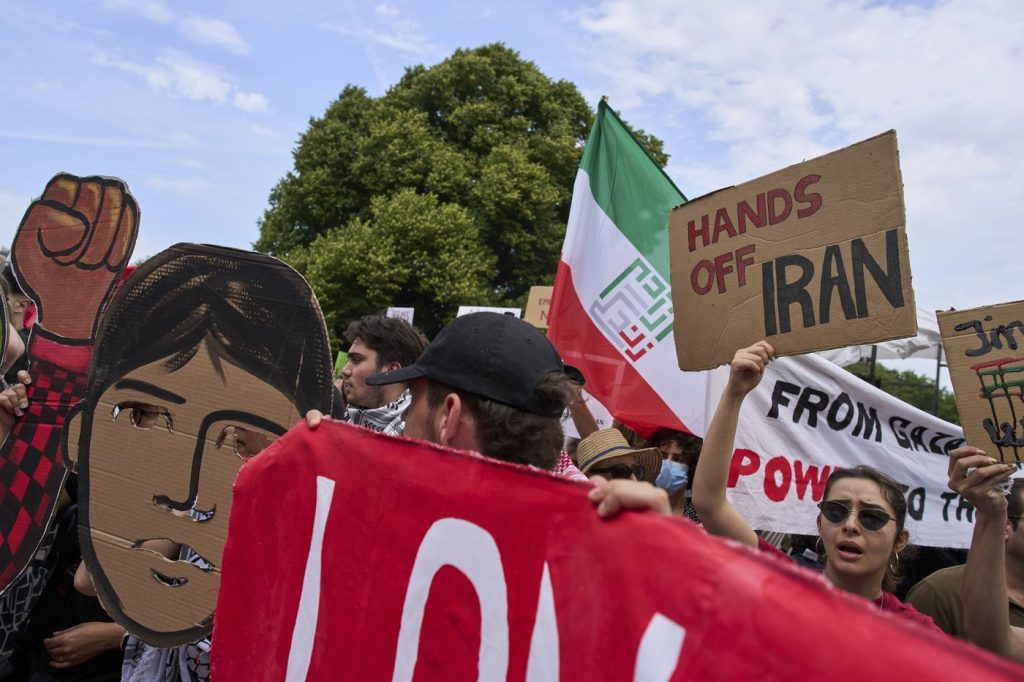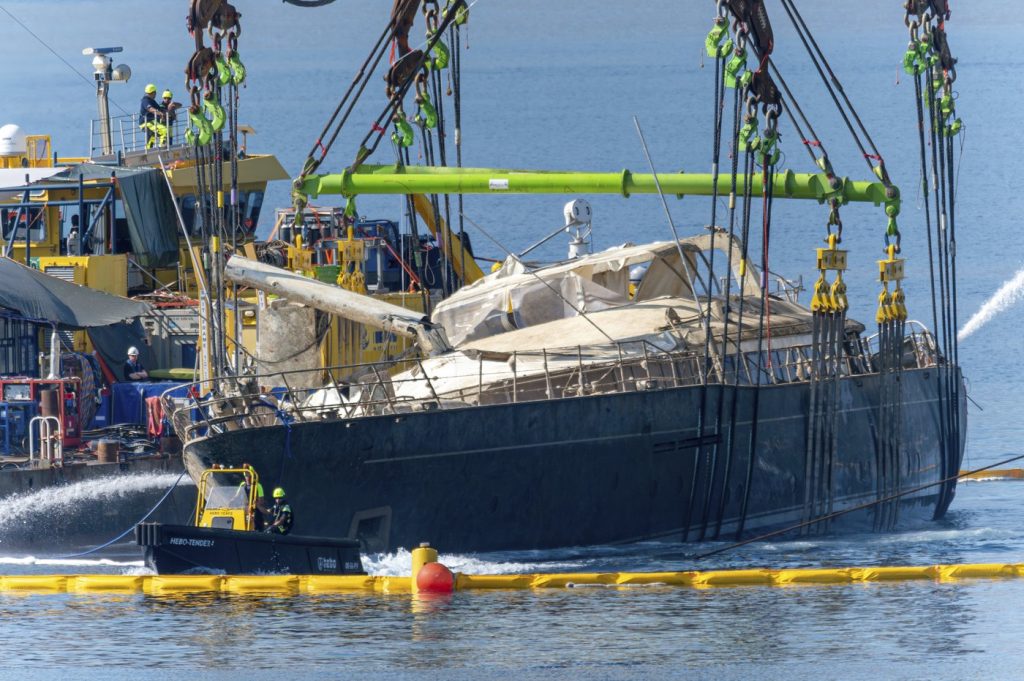MADRID (AP) — Spain has successfully negotiated an exemption from NATO's 5% of GDP defense spending target, just days ahead of a crucial summit where military alliance leaders are set to meet. Prime Minister Pedro Sánchez announced this development during a televised address on Sunday, affirming that Spain would not commit to the 5% benchmark for defense expenditure but emphasizing that its participation, significance, and legitimacy within NATO would remain unchanged.
Sánchez highlighted that Spain would maintain its obligations to the 32-member military alliance by allocating 2.1% of its GDP towards defense. In letters exchanged on Sunday between NATO Secretary-General Mark Rutte and Sánchez, it was confirmed that Spain would be exempt from the spending target, and the phrasing of the target to include “all allies” was modified, according to Sánchez. This exemption potentially alleviates pressures that Spain has faced from both international and domestic fronts regarding defense spending.
Reflecting on past expenditures, Sánchez noted that Spain's military spending was at 1.28% of its GDP last year, which positioned it as the lowest spender among NATO members. In April, the Prime Minister had announced an intention to increase defense spending to 2% by this year, a promise that faced significant backlash domestically, including from certain political allies. This current negotiation comes in light of concerns that failing to meet NATO's spending expectations could undermine Spain's influence within the alliance.
On Friday, U.S. President Donald Trump commented on Spain's spending, stating that the country "has to pay what everybody else has to pay" and describing Spain as "a very low payer" within NATO. He remarked that the country "was either good negotiators or they weren’t doing the right thing." Trump's assertions underscore ongoing pressures on NATO member states to meet defined spending targets, which have been a point of contention in international relations.
In his address, Sánchez expressed Spain's belief that Europe should take greater responsibility for its defense, aligning with sentiments expressed by Trump regarding European defense efforts. However, he clarified that reaching a target of 5% spending was “incompatible with our worldview,” indicating a divergence in defense philosophy between Spain and the more demanding expectations proposed by some NATO allies.
This exemption from the 5% target is significant not only for Spain's domestic politics but also for the cohesion and collaborative dynamics within NATO as the summit approaches. It highlights the complex balancing act that member states must navigate between national budgets and collective security responsibilities within the alliance.












